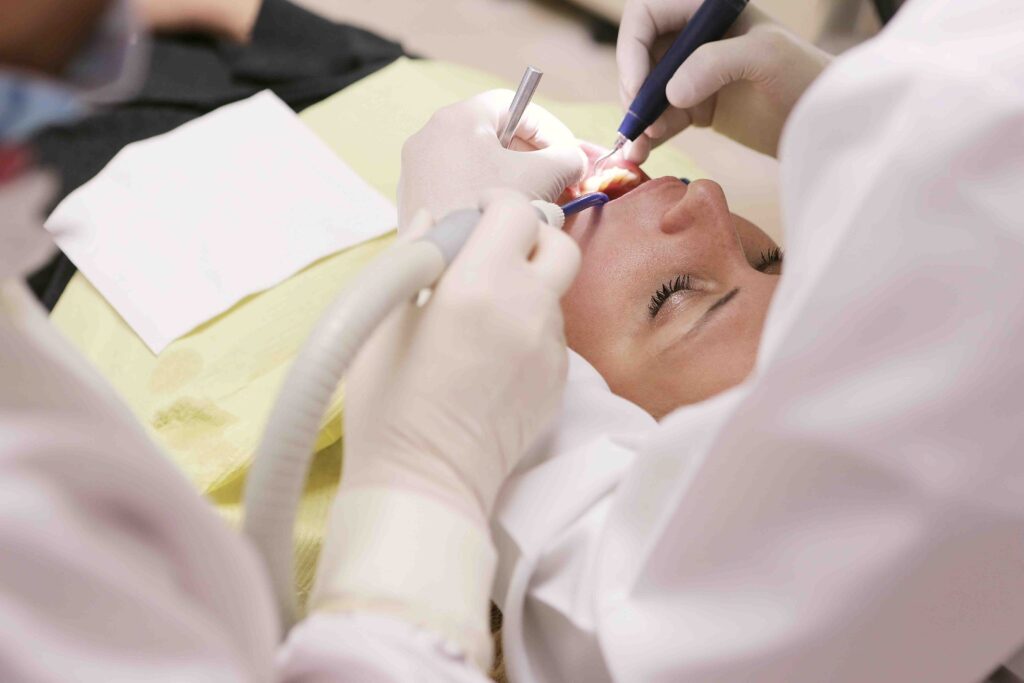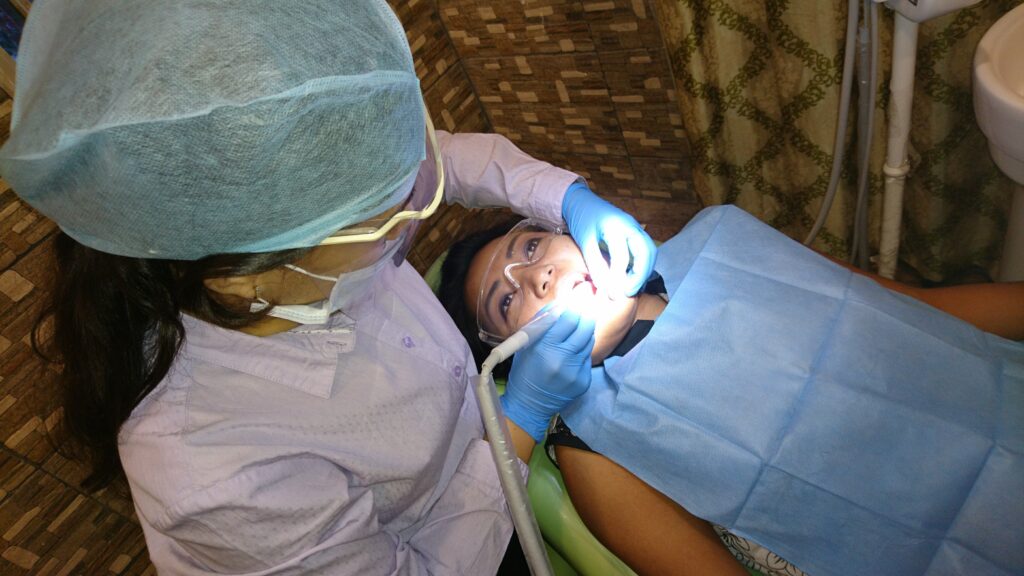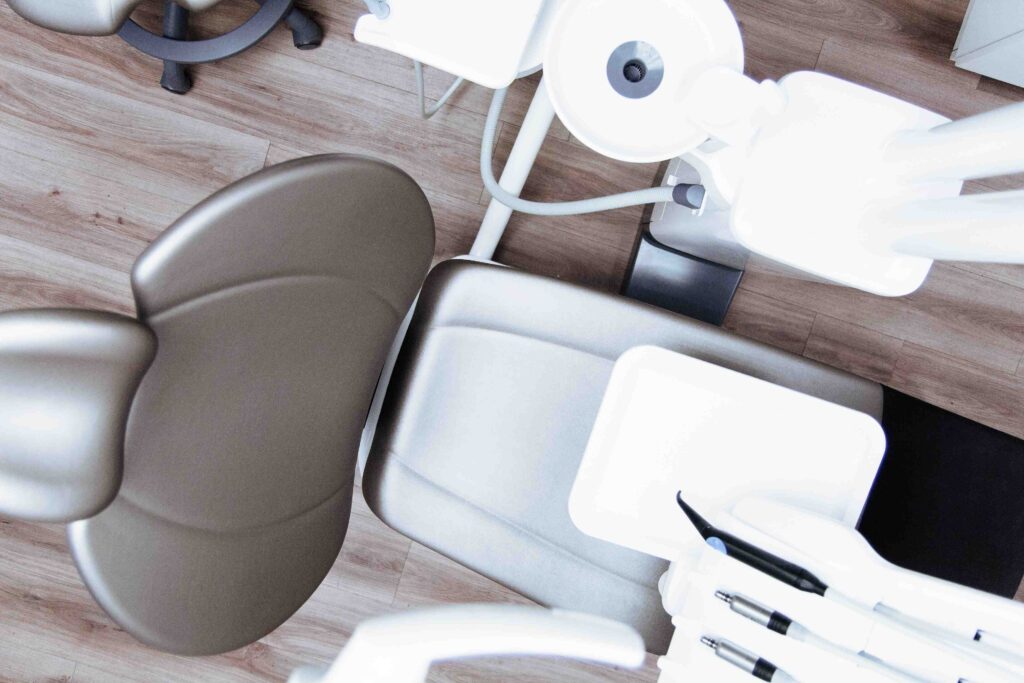India is far behind developed countries when it comes to paediatric dentistry, in terms of awareness and the lack of specialists in the field, said Dr Srivats Bharadwaj, chief executive officer and founder, Vatsalya Dental.
Oral hygiene has become a growing healthcare concern for children. The fundamental foundation for good oral health begins with milk teeth. The general assumption is that milk teeth fall and new permanent teeth will grow, so why bother. But milk teeth guide permanent teeth into the right position, facilitates adequate growth of the jaws, and helps in the development of Maxillofacial structures, he added.
Quoting the Indian Journal of Dental Research, 60-80% children in India suffer from caries and other dental issues. Permanent teeth are more susceptible to tooth decay if there are damaged milk teeth during Mixed Dentition. This is the phase between the appearance of the first permanent molar until the loss of the last milk tooth, said Dr. Bharadwaj.
In addition to the physical ramifications, early loss of teeth in a child can cause psychological effects like lack of confidence and self-esteem. Once that happens, it is very difficult for a child to build back confidence and a sense of self-worth. This, in turn, impacts their personal life, schooling and career, Dr. Bharadwaj told Pharmabiz.
The concerns were high going by the challenges of dental care among children due to lack of awareness on the occasion of the World Oral Health Day observed annually on March 20. “However, people are gradually becoming aware of the importance of oral health for their children. We are setting a dental centre of international standards for kids which will have theme park to create a kid friendly environment and educate the public on paediatric dentistry,” he pointed out.
The first visit to a paediatric dentist must be at birth and then regularly after every 6 months. Dental treatments are not expensive, however, its neglect is. When oral health is ignored it can lead to complicated situations and the cost for treatment drastically increases. A small cavity discovered at a regular check-up will cost less than Rs. 1,000 to fill, is one sitting and painless. However, a deep cavity causes pain, will need root canal, multiple sittings and cost around 7-10 thousand rupees. Hence, it is critical that we move from a disease based approach to a prevention approach, where we can avoid the expense and suffering entirely.
According to World Health Statistics-2014, the dentist to patient ratio is 1:10,000 and 40 per cent of the population are kids, leaving us with a pressing need for paediatric dentists and paediatric dental centres. There is also a huge disparity between India and other developed countries in terms of government dental policies, quality standards and technology. Very few centres in India comply with international standards at an affordable cost.
By Dr. Srivats Bharadwaj
Founder & CEO, Vatsalya Dental, Bengaluru





